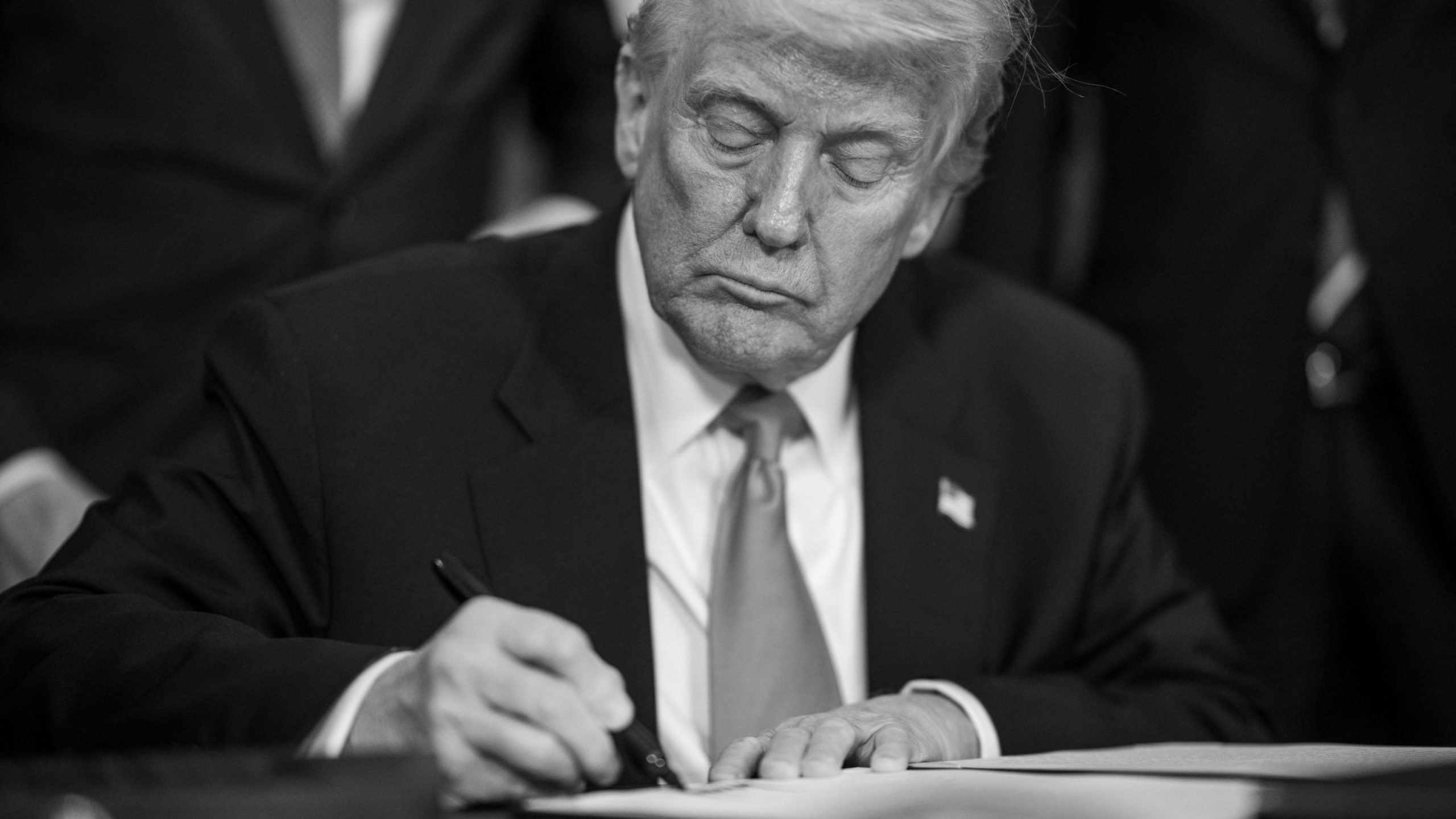Former Cybersecurity and Infrastructure Security Agency (CISA) Director Chris Krebs is once again facing public examination after President Donald Trump directed federal agencies to revoke Krebs’ security clearance and evaluate the access of others tied to him, including colleagues at the cybersecurity company SentinelOne.
The order, issued via a presidential memorandum on Wednesday, marks a renewed push to scrutinize the former official’s role in what the Trump team describes as a coordinated campaign to censor political speech under the pretense of cybersecurity.
According to the administration’s statement, this action is part of a wider national security review aimed at determining whether individuals with access to sensitive intelligence are acting in alignment with what it calls “the national interest.” The memorandum also calls for a reassessment of CISA’s operations going back six years, asserting that the agency engaged in actions that directly contradicted the foundational principles of free expression.
Krebs currently holds a senior intelligence and policy position at SentinelOne, a publicly traded cybersecurity firm that entered into a partnership with CISA in 2023 to bolster digital protections for critical U.S. infrastructure. The company has not issued a public response to the developments.
The White House released a statement along with the directive, declaring:
“ENDING GOVERNMENT CENSORSHIP: President Trump is committed to ending government censorship of Americans and believes that those who engage in such conduct should not have access to our nation’s secrets.”
The release levels pointed allegations at Krebs, accusing him of weaponizing his role at CISA to silence conservative voices. It claims that the agency’s collaboration with social media companies during his tenure amounted to political interference masked as a fight against misinformation.
The statement further alleges that Krebs and his team discouraged transparency around topics ranging from election vulnerabilities to the COVID-19 pandemic, and attempted to downplay the Hunter Biden laptop story, a matter that remains politically charged.
During the 2020 election cycle, CISA worked with major online platforms to address “disinformation,” a strategy that drew concern from Republican lawmakers who viewed the effort as an overreach and a potential tool of political bias.
Those concerns intensified after the 2020 vote, especially as officials like Krebs publicly rejected claims of widespread election fraud. His assertion at the time that the election was the “most secure in American history” drew a sharp rebuke from Trump and ultimately led to Krebs’ dismissal.
Trump’s order also references the media suppression of the Hunter Biden laptop story, suggesting Krebs was involved in efforts to obscure it from public view. The laptop left at a repair shop in Delaware, had been flagged by some intelligence figures as possibly part of a foreign influence campaign. Several of those individuals have since had their security credentials stripped as well.












